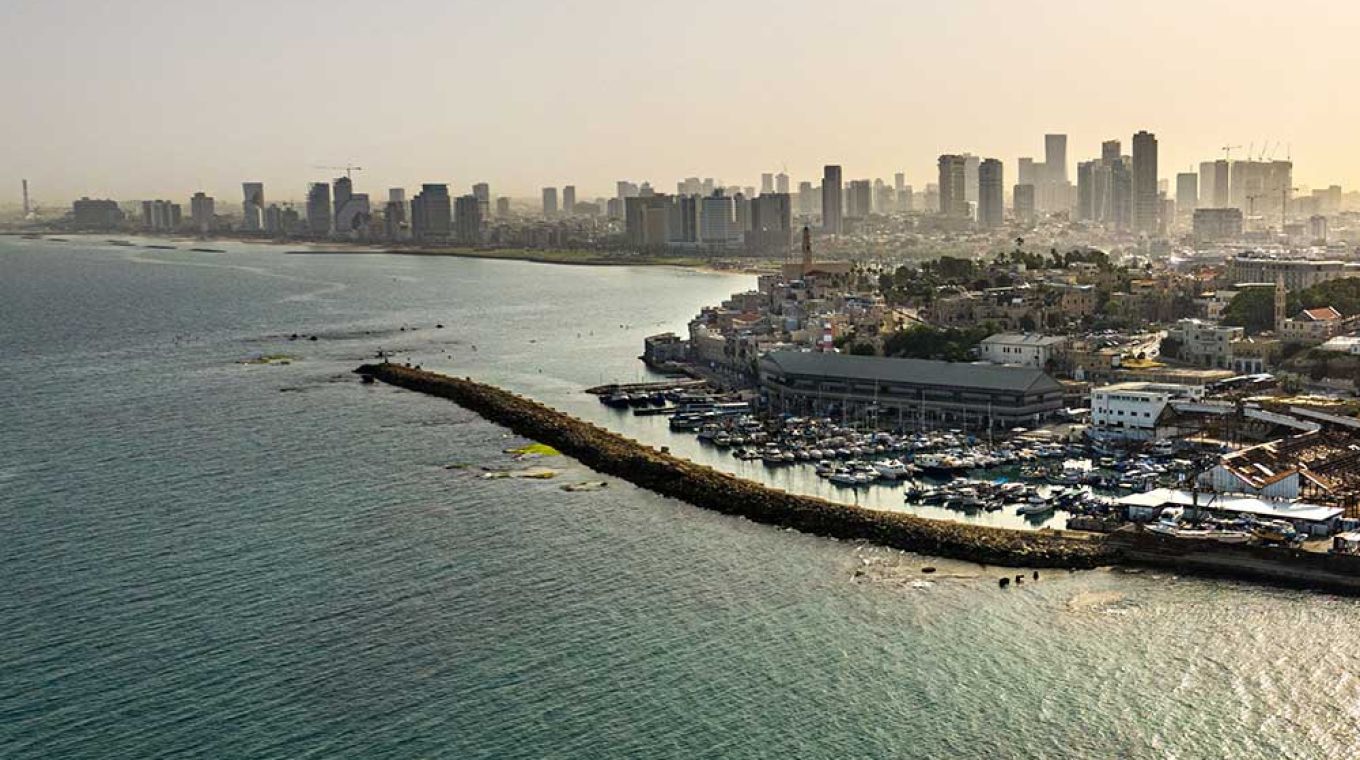Recent reports from Ynetnews highlight a significant downturn in Tel Aviv's hotel industry, with occupancy rates plummeting to an unprecedented low of 45%.
This decline is deeply tied to the ongoing conflict, now entering its second year, which has seen a drastic reduction in tourist influx and the displacement of residents from northern areas.
The Tel Aviv Hotel Association, through CEO Oren Drori, emphasizes that the current occupancy rate is the lowest since the conflict began, contrasting sharply with a brief summer resurgence where occupancy reached 66% in July and 54% in August, fueled largely by local staycations. With around 2,500 evacuees currently occupying hotel rooms, the future remains uncertain as the industry braces for additional challenges as winter approaches.
Drori warns that the industry is feeling the financial strain, with large hotels experiencing major losses and smaller chains in even more precarious situations. Efforts to seek government support are underway, but results look grim, and the potential dismantling of this robust infrastructure poses lasting risks.
Historically, Tel Aviv was a vibrant tourist destination, drawing millions of visitors yearly. However, the pandemic and ongoing hostilities have severely affected its appeal. Hotel operators express anxiety about the winter months and upcoming holidays, with many already considering layoffs and cost-cutting measures as they prepare for a further dip in demand.
The closure of mid-sized hotels, such as the recent sale of the Brown Hotels chain due to financial pressures, serves as a stark reminder of the industry's precarious state. Industry leaders like Danny Lipman, Managing Director at Atlas Hotels, describe the situation as catastrophic, fearing a wave of bankruptcies if conditions do not improve.
The lack of a clear resolution to the conflict leaves hotel owners in a state of uncertainty, forcing many to contemplate drastic operational changes. The future of Tel Aviv's hospitality sector rests on the interplay between the resolution of the conflict and the government's willingness to provide necessary support, underscoring the fragile balance between economic viability and the impacts of ongoing war.
The current plight of Tel Aviv's hotel sector encapsulates the broader implications of geopolitical conflict on tourism and local economies. With rising occupancy concerns and calls for government intervention, it is a poignant reminder of the hospitality industry's vulnerability in turbulent times. The next few months will be critical in determining the trajectory of recovery, requiring both strategic financial planning and supportive government measures to weather the ongoing storm.
Read the entire article on https://www.ynetnews.com/travel/article/sk3m45ogkx


